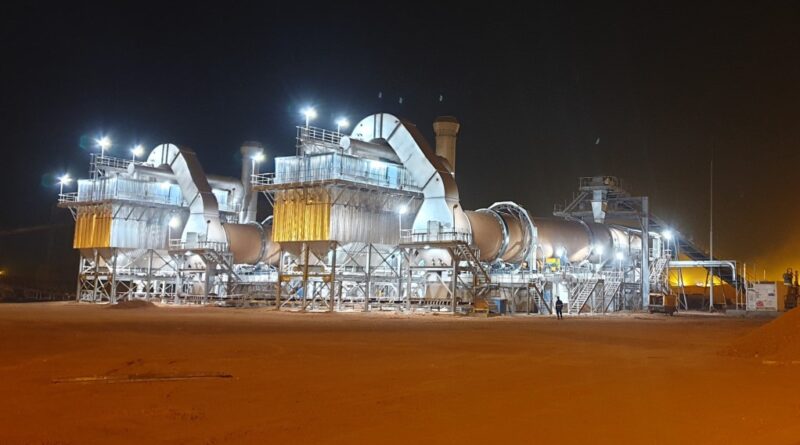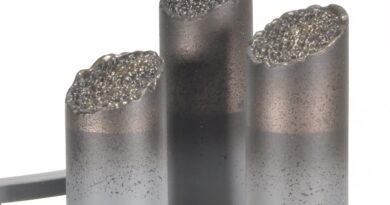EU’s carbon border tax introduction will strike Russia hardest
A joint research study by two European climate think tanks clearly stated that the European Union’s proposal of the world’s first carbon tax is likely to strike Russia hefty while China to remain fairly unscratched.
The EU proposed a Carbon Border Adjustment Mechanism (CBAM), or we can commonly say CO2 tariff, on highly emitting products from 2026, pushing some businesses importing into the EU, will be forced to pay carbon costs at the border on carbon-intensive products such as aluminium and steel.
However, according to the European Commission proposals, the CBAM will be introduced in 2023 in advance before becoming fully functional in 2026.
The sectors which will be incorporated in the CBAM imply only around 3.2% of the total imports incoming to the EU per year, whereas, their CO2 emissions are comparable to around 47% of the free emission allowances now granted to European firms.
EU emissions trading system undertakes that companies are obliged to buy allowances to cover their total emissions, whilst, if they reduce emissions, they can sell surplus allowances to others.
The think tanks Sandbag and E3G research study predicted that by 2026, the CBAM fees charged on imported Russian products would reach € 442 million and € 1.884 billion in 2035 when free carbon emission allowances in the EU are reduced to zero. The fees will be primarily imposed on aluminium, steel and fertiliser.
Ukraine and Turkey are expected to pay € 870 million and € 824 million respectively by 2035.
On the contrary, by 2035 China, the world’s largest greenhouse gas emitter and the EU’s biggest source of imports, is estimated to pay € 484 million.
The study highlighted: “The sectors covered by the current CBAM proposal represent 1.8% of Chinese exports to Europe in 2019, in value.”
Further, it added: “A potential widening of product coverage could increase the share to 5%.”
The European Union’s carbon border tax plans come at a time of rising geopolitical and international trade tensions. The world largest exporter, China has publicly criticised the proposal, saying it would hurt economic growth prospects.
The researchers additionally suggested that while the price of Chinese imports would soar under the scheme, their competitive advantage would enhance because the rise of cost in other countries would be on the higher side.
In May Tsinghua University researchers said: “The impact of CBAM on the Chinese industry would fade over time and there was ‘no evidence’ it would have a long-term adverse impact on growth.”




